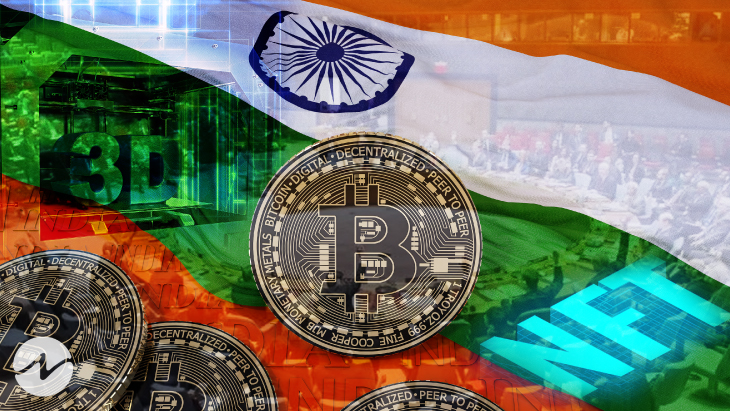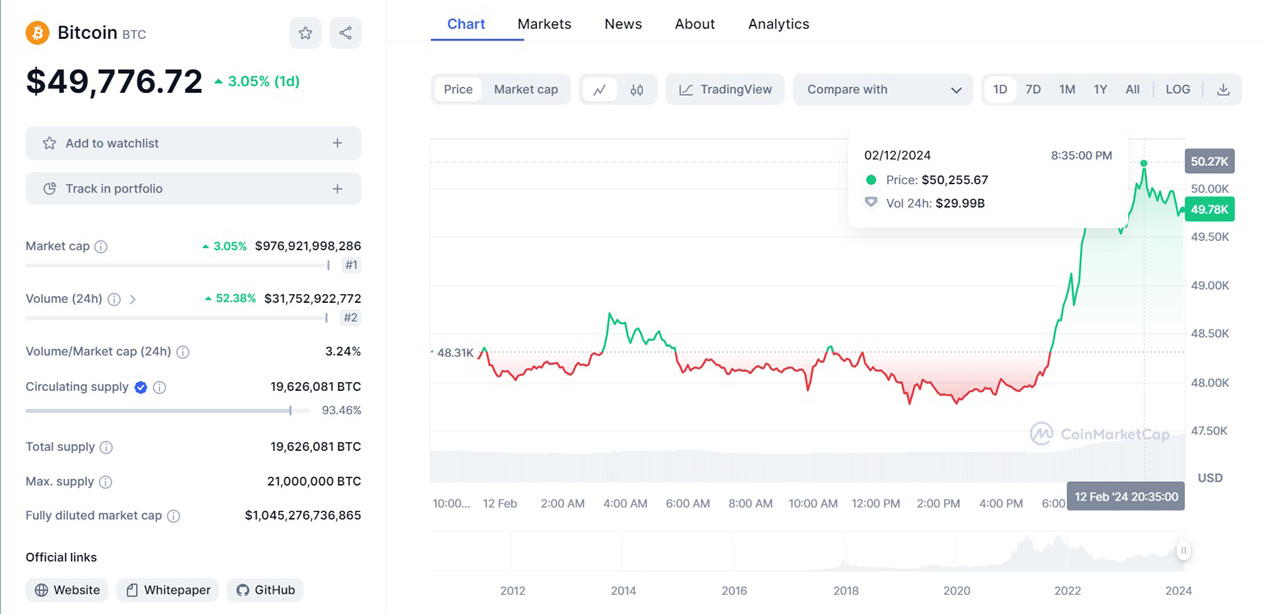Terrorists Exploiting Cyberspace: A Global Challenge
In an exclusive interview, Prime Minister Narendra Modi highlights the pressing issue of cybercrimes and the urgent need for global collaboration to tackle them.
Prime Minister Narendra Modi has voiced concerns over the growing exploitation of technology by terrorist organizations for radicalization and illegal financial activities. In a recent interview, he emphasized the significance of global cooperation in addressing cybercrimes, which pose not only financial threats but also social and geopolitical implications.
The Alarming Scenario

Terrorists Exploiting Cyberspace
Diverse Digital Avenues:
Terrorist groups are leveraging emerging digital avenues, including the dark net, metaverse, and cryptocurrency platforms, to further their nefarious agendas.
Staggering Financial Impact:
The World Bank estimates that cyber-attacks may have resulted in colossal global losses of approximately $5.2 trillion during the years 2019-2023, underscoring the financial ramifications of cybercrimes.
Beyond Finances: Social and Geopolitical Implications
Social Fabric Under Threat:
Cyber-attacks can disrupt the social fabric of nations, with the spread of ‘deep fakes’ potentially causing chaos and undermining the credibility of news sources. Fake news and ‘deep fakes’ can also be weaponized to incite social unrest.
Global Cooperation: A Necessity
G20 Conference on Cybersecurity:
India recently hosted a G20 Conference on Crime and Security in the Age of NFTs, Artificial Intelligence, and Metaverse. During this event, the international community expressed concern over malicious cyber activities that contravene established norms and principles of cyberspace and international law.
Comprehensive International Convention:
PM Modi stressed the need for a comprehensive international convention to counter the criminal use of Information and Communications Technologies (ICTs).
Distributed Threat Dynamics:
The prime minister emphasized that global cooperation is not only desirable but also inevitable in the realm of cybersecurity. The distributed nature of cyber threats requires nations to collaborate closely to combat them effectively.
A Unified Response to Evolving Threats
Amit Shah’s Warning:
Union Home Minister Amit Shah, speaking at the G20 conference, highlighted the evolving security challenges, from “dynamite to metaverse” and “hawala to cryptocurrency.” He called for real-time information sharing among G20 member countries to combat cybercrimes effectively.
Wide-ranging Threats:
Shah outlined threats from cybercriminals using darknet, metaverse, deepfakes, ransomware, toolkit-based misinformation campaigns, and targeted attacks on critical information and financial systems.
Cybercrime Statistics in India
Alarming Figures:
According to data presented in Parliament on December 13, 2022, over 16 lakh cybercrime incidents were reported in India from 2019 to 2022, leading to the registration of more than 32,000 FIRs.
Frequently Asked Questions about Terrorists Exploiting Cyberspace
What digital avenues are terrorist organizations exploiting for their activities?
Terrorist groups are increasingly utilizing platforms like the dark net, metaverse, and cryptocurrency for radicalization and illegal financial activities.
Why is global cooperation crucial in combating cybercrimes?
Global cooperation is essential because cyber threats have a distributed nature, with threat actors, assets, and funding scattered across various regions. Collaboration among nations is necessary to effectively address these challenges.
What social and geopolitical implications can cybercrimes have?
Cybercrimes can disrupt the social fabric of nations and undermine the credibility of news sources, leading to social unrest. Geopolitically, they can have far-reaching implications on international relations.
What was discussed at the G20 Conference on Cybersecurity hosted by India?
The conference focused on concerns related to malicious cyber activities, the need for international conventions on cybercrime, and the importance of real-time information sharing among G20 member countries to combat evolving cyber threats.




